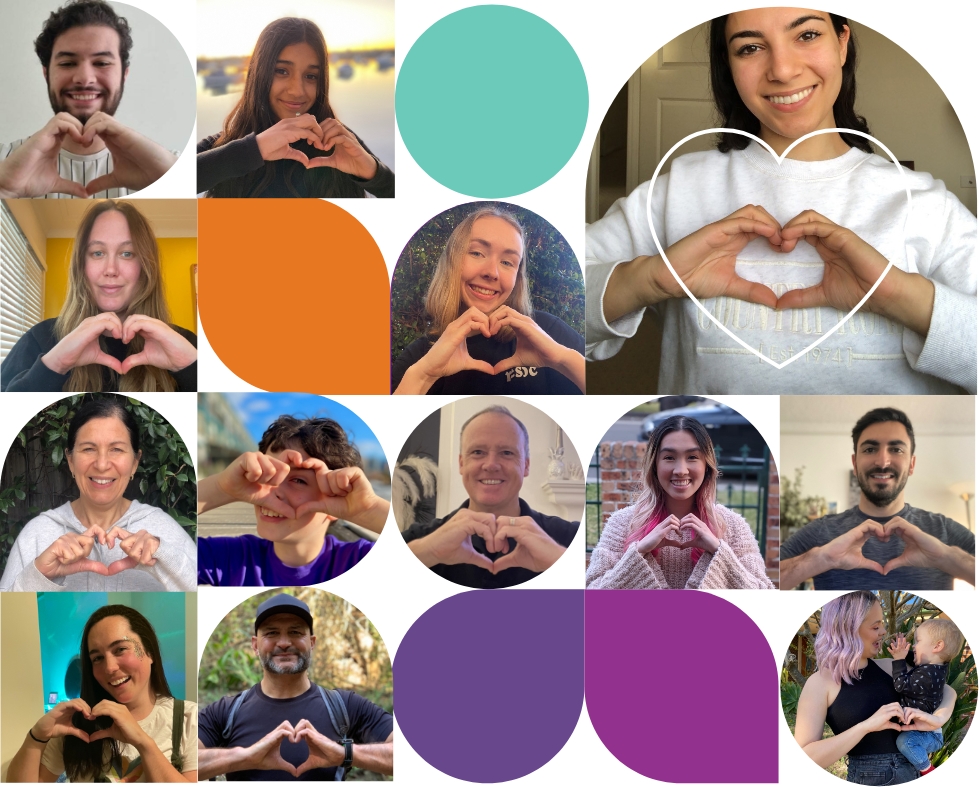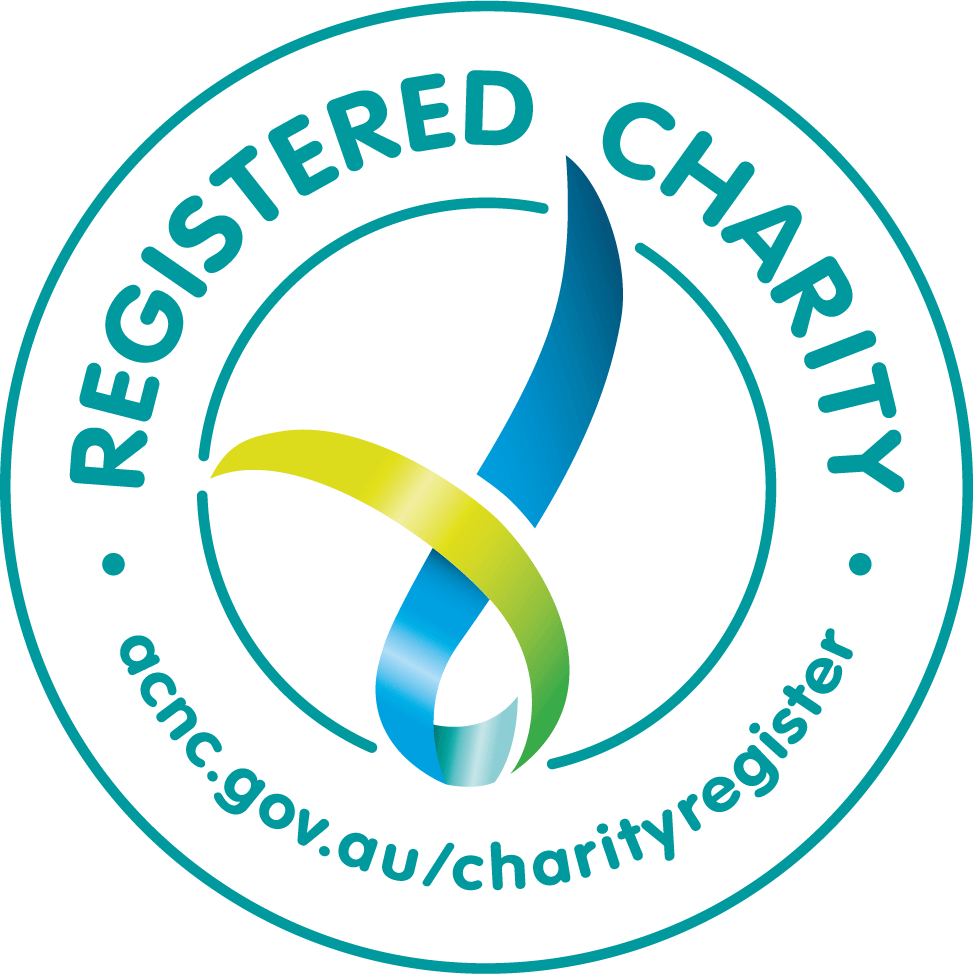Right now, more than 400,000 children in Australia are living with a rare disease. Among them is three-year-old Abigail, a courageous little girl whose strength defies her tiny frame.
Anyone who meets Abigail for the first time may notice she’s tiny for her age. While the cheeky preschooler is now thriving on medication, her start to life was anything but easy. Instead of playdates there’s been appointments and instead of sleepovers there’s been stays.


A difficult start
Born during the 2021 COVID lockdowns, Abigail entered the world via an emergency c-section once doctors noticed she stopped growing. She spent her first two weeks in the Neonatal Intensive Care Unit (NICU), before finally making it home just in time for Christmas. Her parents hoped their hospital days were behind them. But then everything changed.
An urgent medical episode
As a newborn, Abigail started eating less and experienced an urgent medical episode at home.
Adrienne, her mum, shares, “One day, Abigail was quite lethargic and wasn’t responding well. I called my mum and dad who tried to reassure me everything was okay, but a few hours later she turned blue.”
Paramedics and doctors at their local hospital resuscitated Abigail, but her condition remained critical. She was urgently transferred by the Newborn and paediatric Emergency Transport Service (NETS) to the Paediatric Intensive Care Unit at Sydney Children's Hospital, Randwick.
Her mum, Adrienne, recalls “I was in shutdown mode, going through all the motions. I still remember the doctors telling me to be prepared because they didn’t think she was going to survive the night. No one knew what was going on.”
A rare diagnosis

After an MRI scan, doctors discovered Abigail’s pituitary gland was smaller than usual, leading to a diagnosis of hypopituitarism - a rare, life-long condition where the body doesn’t produce enough of the critical hormones for growth, metabolism and overall health. Without medication, the condition can be life-threatening.
While a diagnosis was a step in the right direction, Abigail’s doctors had never seen her specific genetic mutation, meaning there was no clear roadmap for treatment.
Hope through research and innovation
Like 95% of children with a rare disease, there is no cure for Abigail. But there is hope - through gene therapy and groundbreaking research.

The dedicated Kids Research team across Sydney the Children’s Hospitals Network are changing the future for children like Abigail, using cell and gene therapy to explore how a child’s own cells could be used to turn off disease at its source.
Abigail’s proud parents, Adrienne and Aaron say it’s incredible to see research change the life of children with no cure or traditional treatment.
‘’Our Abigail is thriving, but she will need medication for the rest of her life to help control her metabolism, blood pressure and growth. While her condition is rare but stable, some families aren’t so lucky.’’
How you can help
With no cure for most rare diseases, there's a crucial need for specialised care and groundbreaking research
Sydney Children’s Hospital Foundation is raising vital funds to deliver world-leading care and research to support more children with rare diseases. With your support, we can grow specialised research programs, expand life-changing clinical trials and help the team share knowledge and expertise with clinicians both locally and globally.
Donate today to change the future for sick kids like Abigail.












